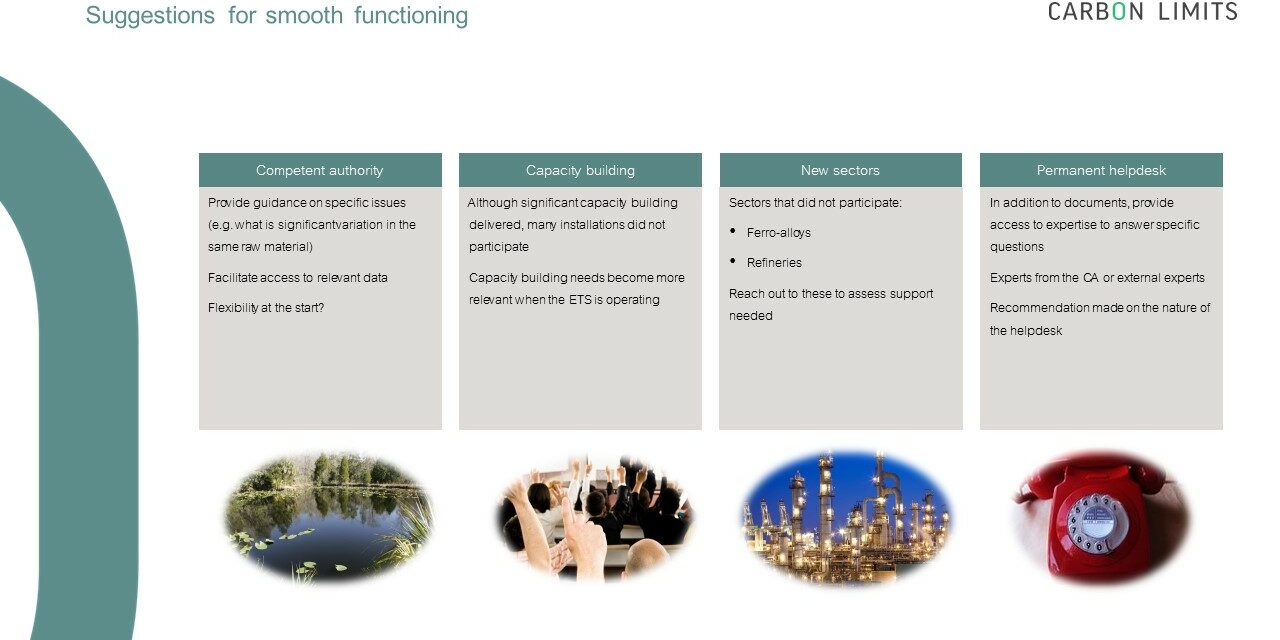Webinar on the current legislative base and acts on authorising the application of MRV system in Azerbaijan was held on April 14, 2021, with the overall goal of developing methodologies, training and helpline having the participation of the representatives of different interested ministries, EU Delegation in Azerbaijan as well as international and local experts. EU and UNDP stated their willingness to support and collaborate with Azerbaijan to get this goal achieved in the context of the EU4Climate project, the organizer of the workshop, where many of previous initial findings and conclusions on MRV legislation was summarized and the roadmap defined in more concrete terms on how Azerbaijan can make its legislative framework related to climate change.
Given the importance of international experience in the application of innovative approaches and solutions that are used in developed countries, Olga Gassan-zade, an international expert on Mainstreaming and LEDS, presented “Suggestions for the smooth functioning of a facility-level MRV system”. She described the annual MRV procedure and its compliance cycles schematically illustrated the functioning of the MRV system and explained typical forms of documents in the field of MRV and requirements for their completion alongside the methodological recommendations for the assessment of GHG emissions by the types of installations activities such as oil refining, ammonia production, etc.
Maria Purzner, an International expert of EEA shared her points on emissions inventory is an important part of the National MRV because it provides information on estimated emissions GHG and therefore also information about emissions reductions.
Participants from different ministries, organisations in the field noted that creating a reliable domestic MRV system is one of the key conditions for ensuring the implementation of Azerbaijan’s commitments to reducing GHG emissions and the development of the first biannual transparency report before 2024 in line with the UNFCCC guidelines. A unified MRV system would be established for the collection of necessary data for the GHG inventory, accurate and transparent assessment of emissions, collection of data on the implementation status of mitigation measures, development of low-carbon strategies by sectors, as well as assessment of financial and technological needs.
Conducted gap analysis has identified challenges, and the roadmap for the establishment of the MRV system was already developed. As a next step, the Rules on the identification of main GHG emitters should be elaborated. Ideas and approaches shared during the webinar would be considered in the draft MRV system to be prepared within 2021.



